The Felipe Neto influencer was sentenced by the court to pay compensation for an amount of $ 10,000 and divide the profits made with videos relating to the song “Family Canarinho”. The decision occurred after proof of the use of the image of a minor without adequate legal authorization. The case dates back to a […]
The case dates back to a recording made in 2018, when the young man was still a teenager. According to the complaint, the boy lost a whole day of lessons to participate in the production and the parents learned of their son only after the publication of the content on YouTube. The video, made by alluding to the World Cup, has even accumulated over 12.7 million views.
As stated in the cause, Felipe Neto’s defense said that there were no irregularities, stating that the boy’s father would have had an authorized participation verbally. However, the Court did not support the topic, since, according to the Brazilian law, the use of the image of minors in audiovisual productions requires compliance with the well -defined legal phases.
According to the explanations of the lawyers Gabriela Biscotto and Fernanda Coelho, from CQS/FV Advogados, “under 16 they need a judicial license to participate in productions such as clips and films”. In addition, a term signed by legal guardians authorize the use of the image is required.
“Recordings can only start after obtaining authorization, under the sanction of the sanctions provided in the statute of children and adolescents,” the experts said. They also explain that permission aims to ensure that the participation of the minor does not compromise his physical, emotional and school well -being.
Also according to lawyers, it is up to producers to formalize the judicial request for the participation of children or adolescents in their content. “The judiciary evaluates even if there is a compatibility between the recordings and school commitments of minors, always giving priority to educational development,” they said.
Source: Terra
I am Amanda Gans, a motivated and ambitious professional in the news writing industry. With over five years of experience in this field, I have developed an eye for detail and an ability to craft stories that captivate readers. I currently write for Gossipify, where I specialize in beauty & celebrities news. My passion lies with exploring the world of beauty through writing, interviewing experts and developing articles that are both informative and entertaining.
You may also like
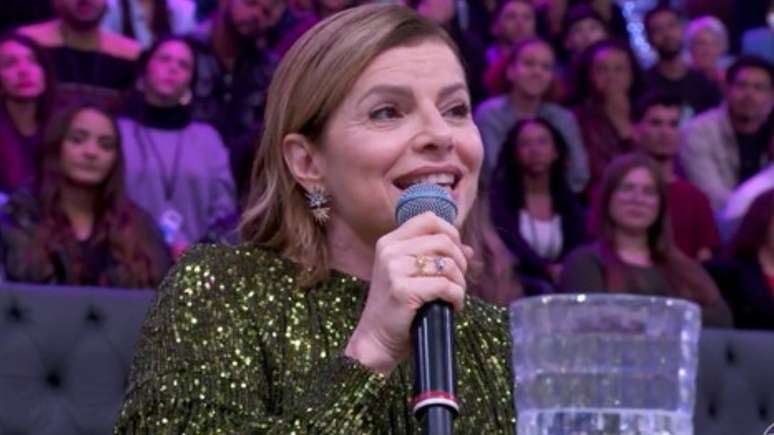
Family of talents! Debora Bloch is the daughter and mother of celebrities; know who
Did you know? The family of actress Deborah Bloch, who played Odete Rotiman in the
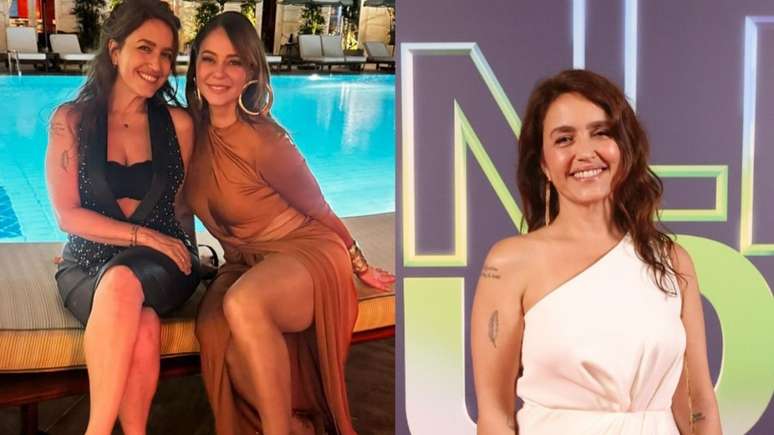
Manuela Dias keeps the secret about Odete’s killer until the last day of Vale Tudo
Author Manuela Dias reported that the scene that will reveal Odete Roitman’s killer in the
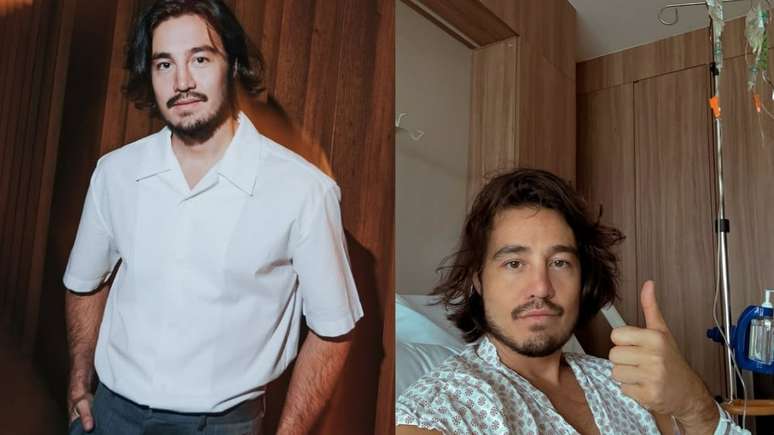
Tiago Iorc is rushed to hospital; know the reason
Singer was treated with spinal injections after an acute seizure that prevented him from sleeping
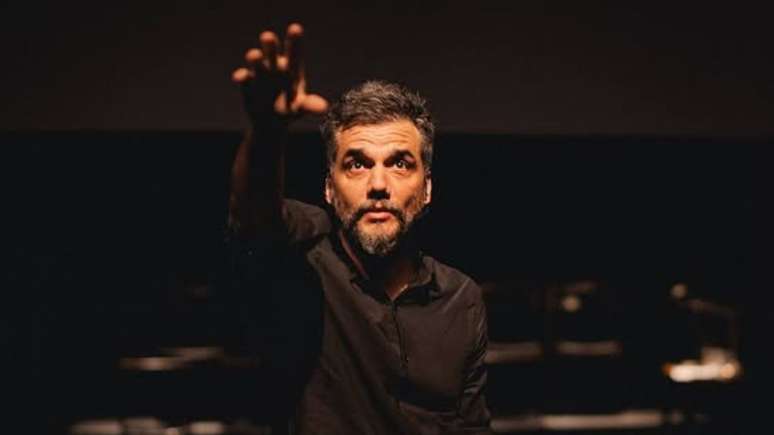
Wagner Moura reveals why he no longer does soap operas
Wagner Moura has no longer worked in television fiction since “Paraíso Tropical” and favors cinema
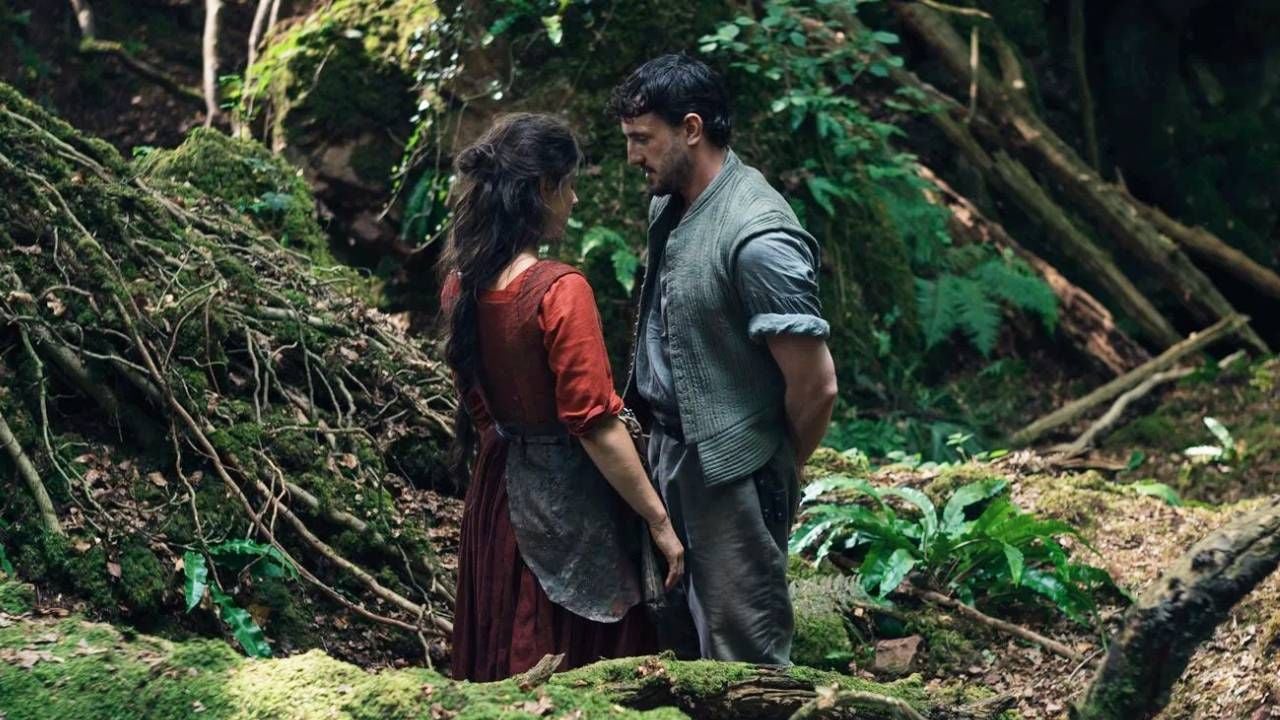
Camilla Kotin, a favorite film of 2025 and many gems found in La Roche-Sur-Yon Festival 2025
16th La Roche-Sur-Yon International Film Festival is here! Although the festival season is fully in
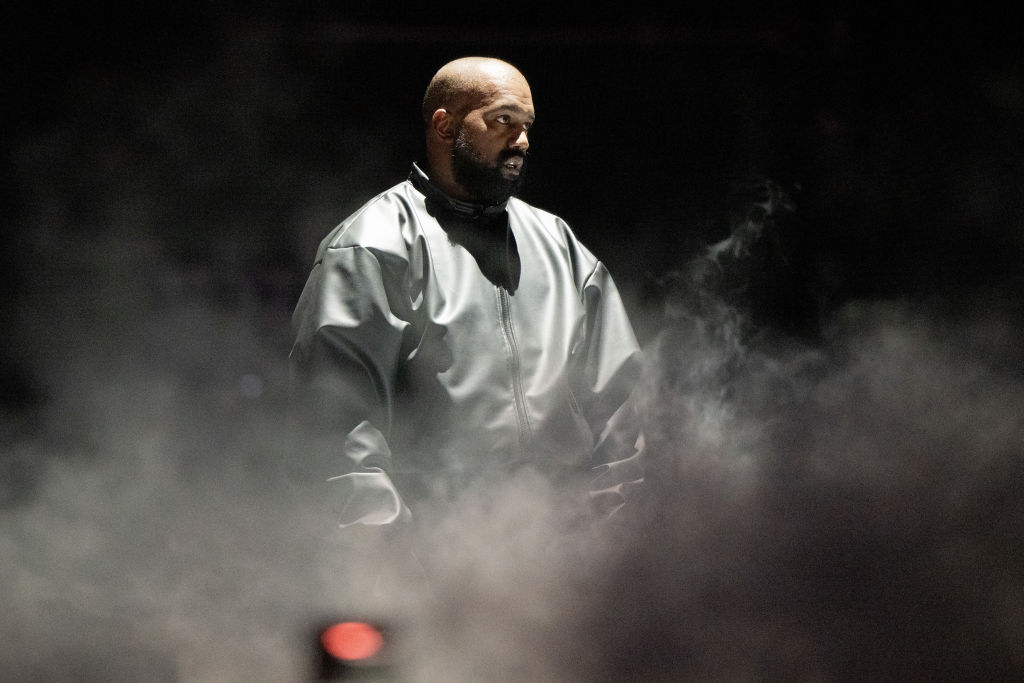
Kanye West’s show in Brazil should take place at Pacaembu
After uncertainty in Interlagos, São Paulo stadium appears as an alternative for Ye’s event With
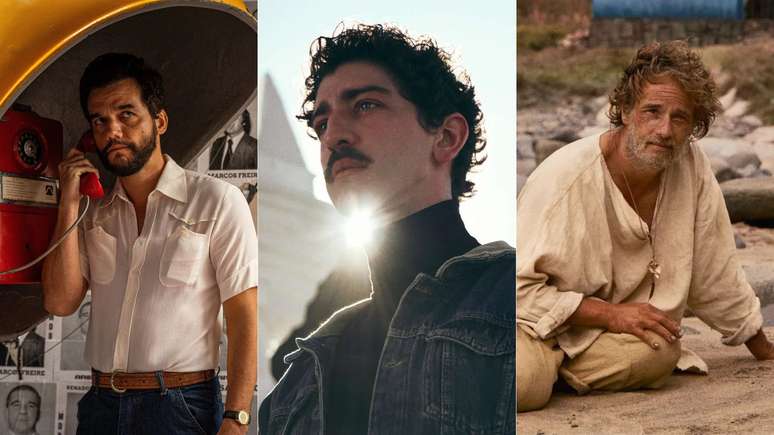
‘The Secret Agent’, ‘Son of a Thousand Men’ and other national highlights at the 49th Sao Paulo Film Festival
To help with the movie marathon, Rolling Stone Brasil has prepared a list of 15


